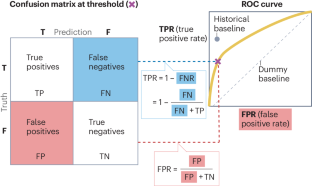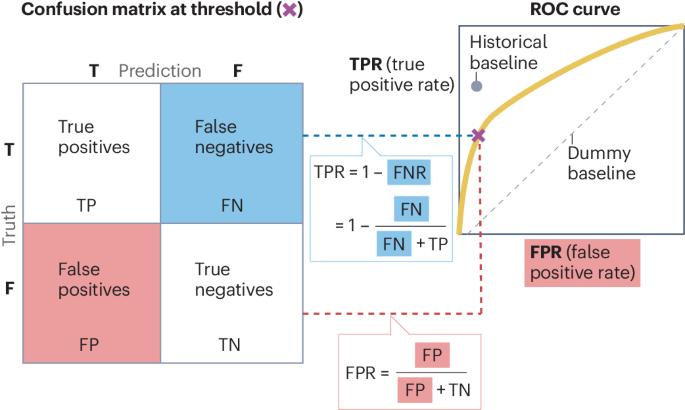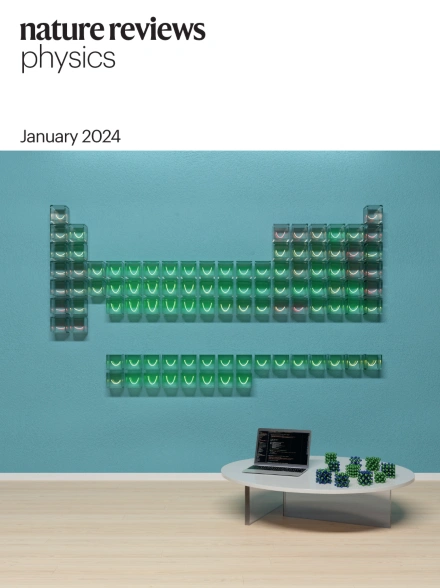如何在天文学领域建立第一个机器学习项目
IF 44.8
1区 物理与天体物理
Q1 PHYSICS, APPLIED
引用次数: 0
摘要
免费提供、维护良好的大型数据集已使天文学成为机器学习(ML)项目的热门场所。然而,通过明确问题定义和建立严格验证、描述和校准机器学习模型的工作流程,可以提高机器学习和物理学的强大洞察力。我们提供了一系列指导原则,以建立耗时少、资源密集型的 ML 项目,从而更有可能获得可靠而有用的科学见解。我们借鉴了天文学的实例和经验,但这些建议也可能适用于其他科学领域。本 "专家建议 "为建立机器学习项目提供了指南,这些项目耗时较少,更有可能带来可靠、有用的科学见解。本文章由计算机程序翻译,如有差异,请以英文原文为准。


How to set up your first machine learning project in astronomy
Large, freely available, well-maintained data sets have made astronomy a popular playground for machine learning (ML) projects. Nevertheless, robust insights gained to both ML and physics could be improved by clarity in problem definition and establishing workflows that critically verify, characterize and calibrate ML models. We provide a collection of guidelines to setting up ML projects that are less time-consuming and resource-intensive and more likely to lead to robust and useful scientific insights. We draw examples and experience from astronomy, but the advice is potentially applicable to other areas of science. This Expert Recommendation provides a guide to setting up machine learning projects that are less time-consuming and more likely to lead to robust and useful scientific insights.
求助全文
通过发布文献求助,成功后即可免费获取论文全文。
去求助
来源期刊

Nature Reviews Physics
Multiple-
CiteScore
47.80
自引率
0.50%
发文量
122
期刊介绍:
Nature Reviews Physics is an online-only reviews journal, part of the Nature Reviews portfolio of journals. It publishes high-quality technical reference, review, and commentary articles in all areas of fundamental and applied physics. The journal offers a range of content types, including Reviews, Perspectives, Roadmaps, Technical Reviews, Expert Recommendations, Comments, Editorials, Research Highlights, Features, and News & Views, which cover significant advances in the field and topical issues. Nature Reviews Physics is published monthly from January 2019 and does not have external, academic editors. Instead, all editorial decisions are made by a dedicated team of full-time professional editors.
 求助内容:
求助内容: 应助结果提醒方式:
应助结果提醒方式:


